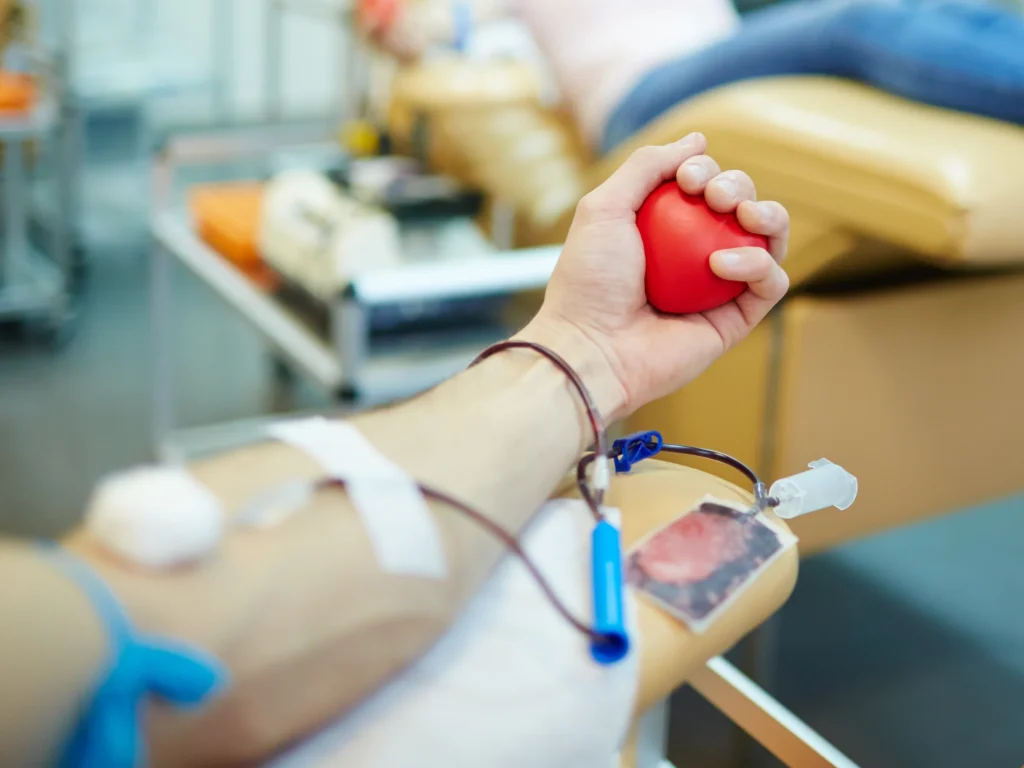
These drugs, originally approved by the US Food and Drug Administration (FDA) for the treatment of type 2 diabetes, have seen a sharp rise in demand, partly due to their off-label use for weight loss. This surge has led to reported shortages over the past year, with drug manufacturers scrambling to meet the increasing consumer demand.
The survey highlights that while these medications are predominantly used to manage chronic conditions such as diabetes and heart disease, a significant portion of users—nearly 40%—are taking these drugs solely for their weight loss benefits. This is even though only Wegovy is FDA-approved for treating obesity, while Ozempic and Mounjaro are officially sanctioned for diabetes management.
The demographic most likely to have used GLP-1 drugs spans adults aged 50 to 64, yet younger adults appear more inclined to use these medications exclusively for weight loss purposes.
An interesting finding from the survey is the public’s stance on Medicare coverage. Currently, Medicare does not cover prescription weight-loss drugs, and only a minimal percentage of seniors reported using GLP-1 drugs solely for weight loss. However, a majority of survey respondents advocate for a change in this policy to allow Medicare coverage for these drugs when prescribed for weight loss.
Affordability remains a significant barrier, with many users reporting difficulties in managing the high costs associated with GLP-1 medications, which can run about $1,000 for a month’s supply. This issue has caught the attention of policymakers, including Senator Bernie Sanders, who recently initiated an investigation into the high-pricing practices of these drugs.
The FDA has also issued warnings against the use of compounded versions of semaglutide, stressing that patients should only use FDA-approved products obtained through proper prescriptions and dispensed by licensed pharmacies or registered facilities. This caution comes in the wake of adverse event reports linked to unregulated compounded versions of the drug.
Interestingly, the KFF survey also shed light on the sources through which individuals obtain these drugs. While the vast majority acquire them through traditional channels like primary care doctors or specialists, a notable percentage of users reported obtaining them through online providers, websites, or even medical spas and aesthetic centers.
These findings, drawn from a representative sample of nearly 1,500 adults interviewed in late April, reflect the growing trend and the complex landscape surrounding the use of GLP-1 drugs in the United States. Whether used for diabetes management or weight loss, these medications are clearly playing a significant role in the healthcare regimens of millions of Americans, highlighting an urgent need for policy adaptation and careful regulation to ensure safe, equitable access to these potentially life-altering treatments.







